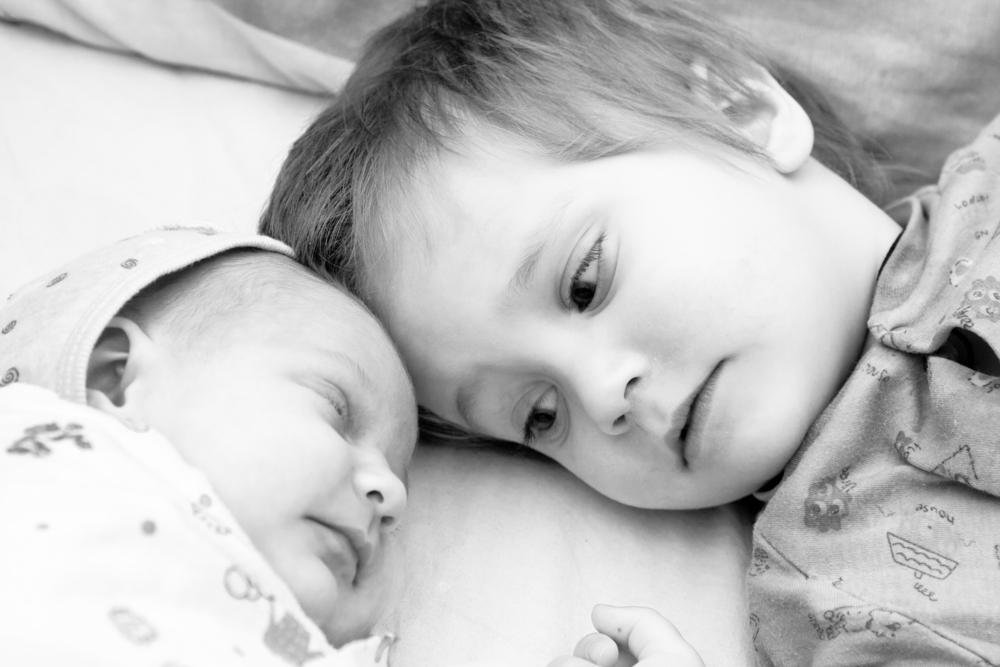When an Older Sibling Is Blind or Has Low Vision
This content is also available in:
Español (Spanish)

As parents, we know that each of our kids is special in their own way. They have different personalities, learn at their own pace, and handle responsibilities differently. This is especially important to remember when you have a child who is blind or has low vision, particularly if they’re older than their siblings.
Children grow and develop at their own speed. For instance, while one child might start walking before their first birthday, another might take a bit longer, maybe until they’re 15 months old. This is also true for children with blindness or low vision. They might progress differently in certain areas compared to their younger brothers or sisters. Sometimes, the younger ones might seem more mature or able to do things that their older sibling with a visual impairment can’t.
So, what do you do if your child with blindness or low vision feels upset seeing their younger siblings doing things they wish they could do?
Helpful Parenting Tips
Talk to the Educational Team: If there are activities your child wants to do or skills you want them to learn, discuss these with their educational team. These can be part of their Individualized Education Program (IEP), which focuses on teaching skills useful both at school and in daily life. Selecting goals for your child’s education that relate to life outside of school will motivate them to learn and strengthen the connection between what they learn at school and what they do at home and in the community.
Find Parts of Activities They Can Do: If there’s something their siblings are doing that your child can’t, try to find a part of that activity they can do on their own. For example, if they want to buy a gift for a friend, you could help them get to the customer service desk at a store and then let them ask for assistance from a store employee.
Encourage Their Unique Talents: Look for things your child with blindness or low vision can do well, maybe even better than their siblings. This isn’t about making them feel superior, but about helping them feel proud of what they can achieve. When they’re feeling down about not being able to do certain things, remind them gently of their unique accomplishments.
Remember, every child is unique and valuable in their own way. It’s all about finding the right balance and supporting each child according to their needs and abilities.
Supportive Younger Siblings
Supporting siblings in your home can create lifelong bonds from a very young age. Parents understanding the importance of individualized attention, including discussing goals with educational teams, finding parts of activities the child can do independently, and highlighting their unique talents to boost self-esteem.